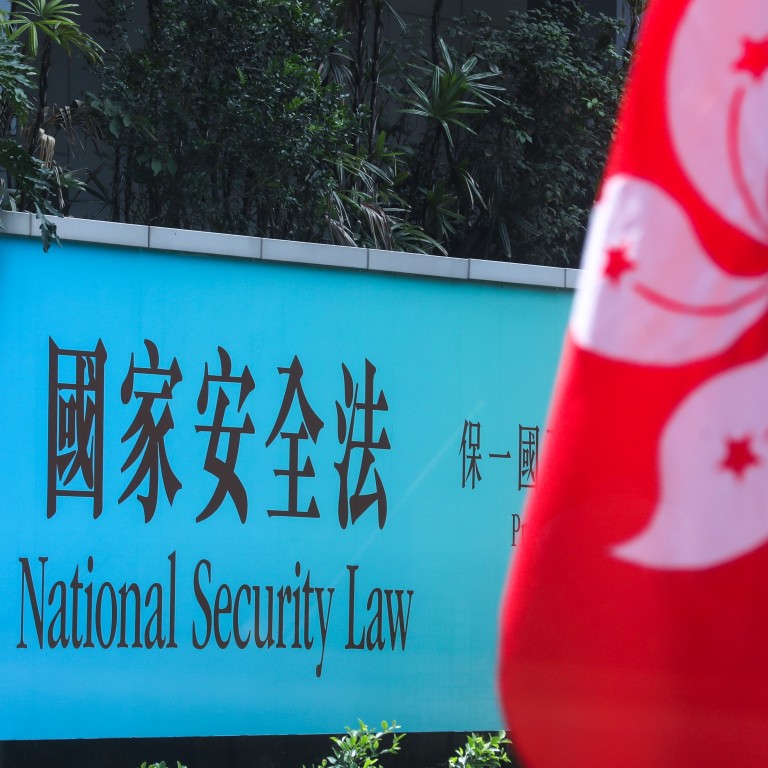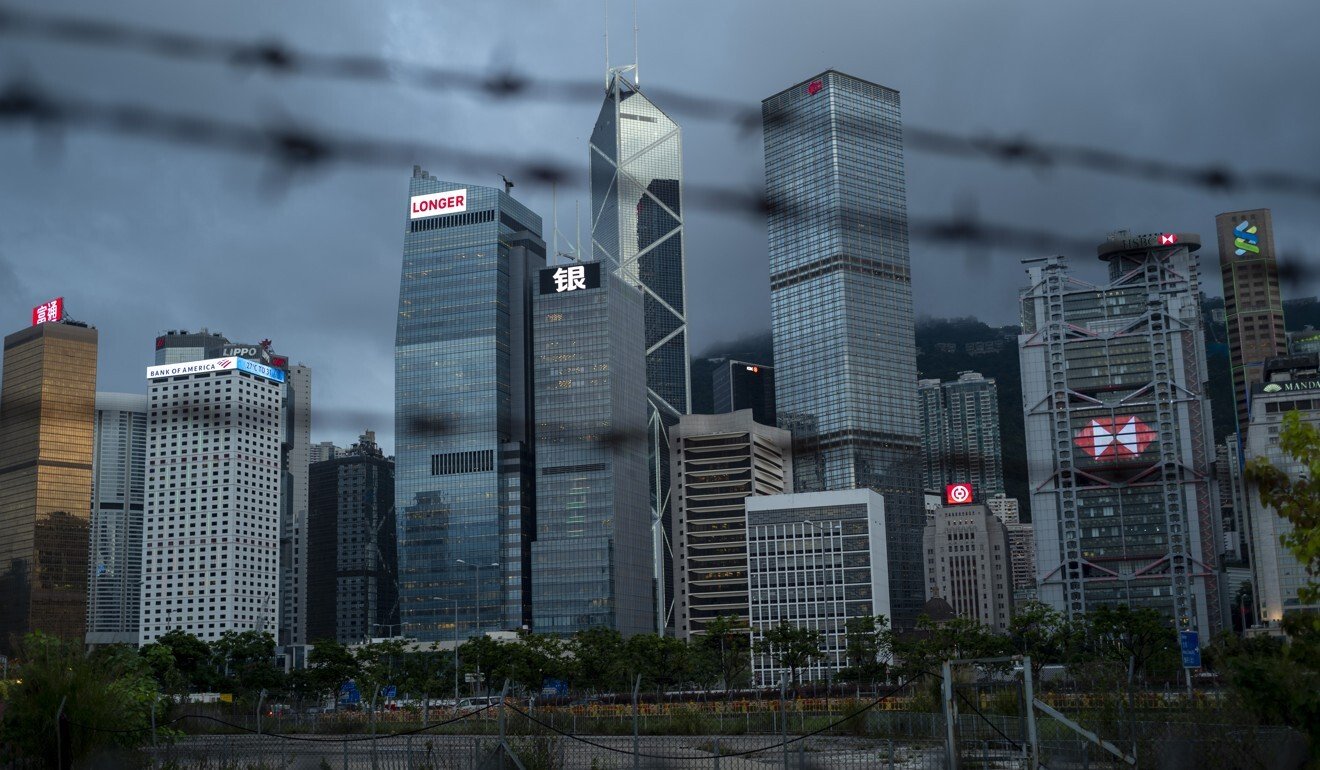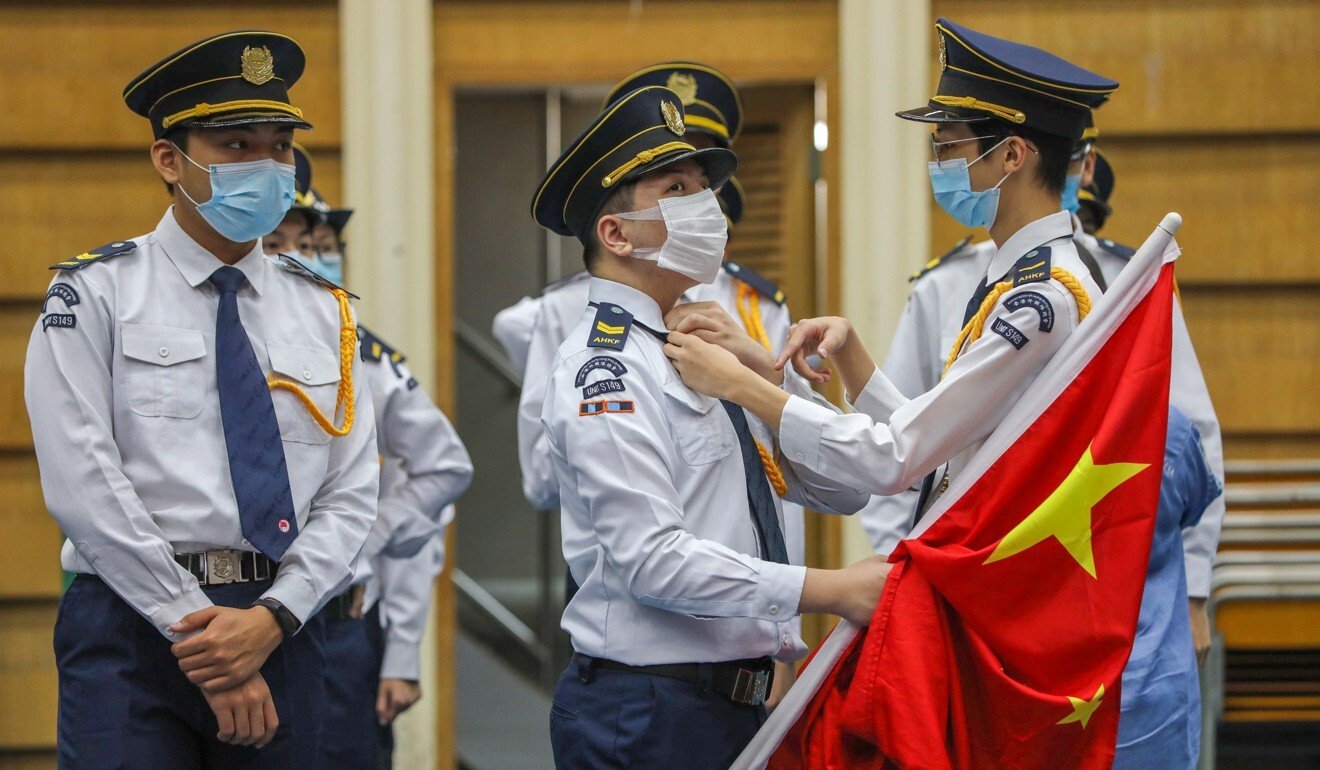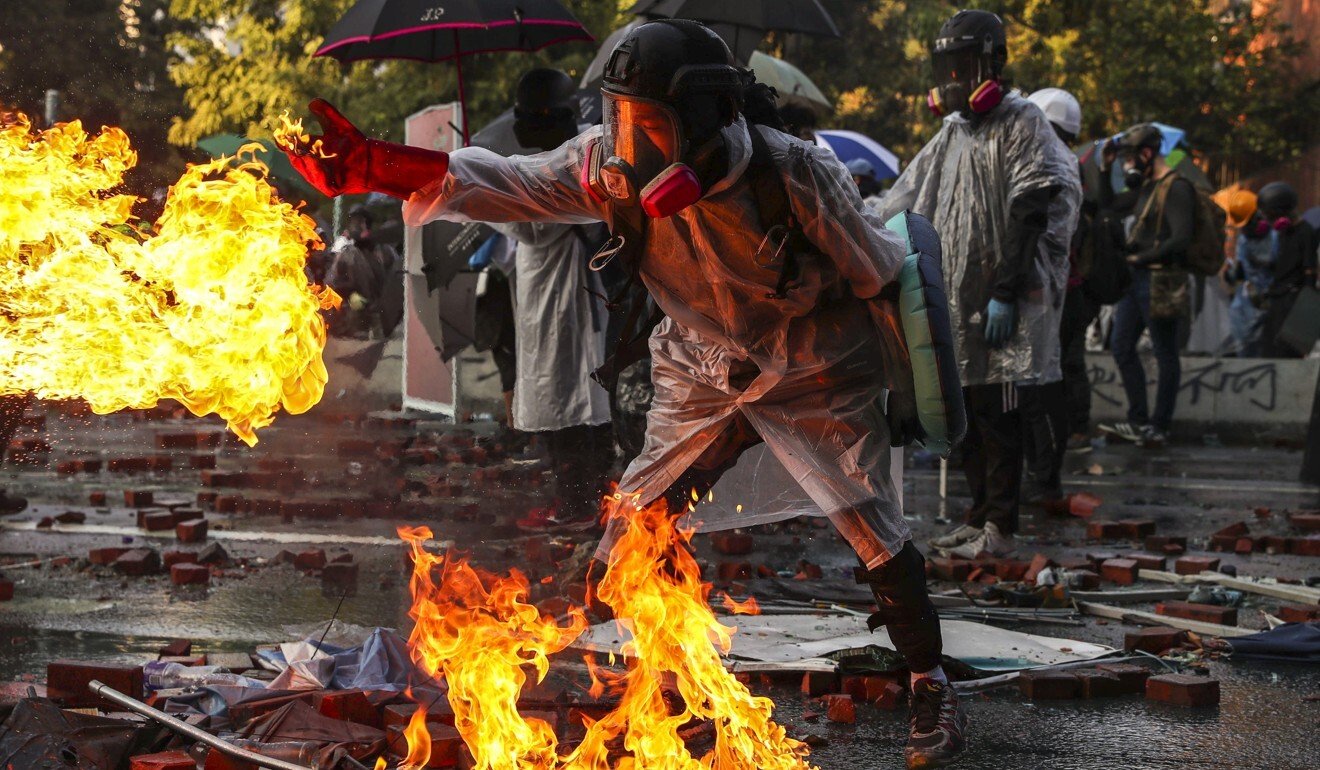
Hong Kong national security law: wire taps, warrantless searches, extraditions and deportations – what the new legislation means for you
- The law applies to anyone living or any company operating in Hong Kong
- Beijing’s new agency in city gets law enforcement powers, while decisions by new local committee will not be subject to judicial reviews
The legislation, in six chapters consisting of 66 articles, led to widespread concern about its implications, despite officials reiterating that it was targeted at a small minority in the city.
The Post looks at how various parties could be affected under the law:
Beijing’s new office in city
The Office for Safeguarding National Security, Beijing’s new agency in Hong Kong, can carry out law enforcement in the city, but its staff are not subject to local laws while executing their duties.
They could “provide opinion and make proposals” on important policies for national security, as well as oversee the Hong Kong government’s implementation of relevant policies, collection of intelligence and handling of national security cases. The office, together with local authorities, will also strengthen the management of “organs of foreign countries and international organisations”, non-governmental organisations and news agencies of foreign countries in the city.
A holder of an identification card issued by the office will not be subject to inspection or detention by local law enforcement officers.

New local committee
Decisions made by the local Committee for Safeguarding National Security, to be chaired by the chief executive, will not be subject to judicial review. The committee will formulate policies for national security, as well as advance the development of the legal system and enforcement mechanisms of the city.
No institution or organisation will be allowed to interfere in the work of the committee, which will have a national security adviser designated by the mainland government.
What does Beijing’s new national security law for Hong Kong cover, and who should worry?
Police
A dedicated police unit has been set up to investigate national security cases. Police have been given new powers to demand suspects hand over their travel documents, traditionally a judicial remit. They can also tap phones with the chief executive’s permission, an investigative power requiring the court’s approval in non-national security cases. They can now search residential premises without a warrant.
Hong Kong national security law full text:
Criminal suspects
A suspect could be extradited to mainland China for trial in cases that are deemed complex. No bail will be granted unless the judge has sufficient grounds to believe the suspect will not commit acts endangering national security again.
A criminal suspect will have the right to retain a lawyer to represent him during trial. Media and the public will not be able to sit in trials that involve state secrets.

Radical protesters
Activities to coerce authorities to pursue a political agenda will be regarded as terrorist acts. They include: arson, damage of transport, electric power or gas facilities, interruption of electronic control systems for providing public services such as water, electric power, gas, transport, telecommunications and the internet, as well as “dangerous activities” which seriously jeopardise public health.
Damaging premises and facilities used by the administration to perform its duties and functions will also be regarded as subversion.
Explainer: What is Hong Kong’s national security law?
Election candidates, lawmakers, and officials
A person convicted of a national security offence could be disqualified from running for the Legislative Council and district councils.
Seriously interfering in, disrupting or undermining the performance of duties and functions of the local administration and the central government will be regarded as subversion.
Officials could also be removed from their posts upon conviction.
Schools, the media and the internet
National security education will be promoted in schools and universities, and through the media and the internet.
The government will strengthen public communication, guidance, supervision and regulation over national security matters related to these groups.

Companies
The law applies to companies set up in Hong Kong. A company could be fined and have its business permit suspended if it commits an offence under the law.
Non-permanent residents
The law applies to all people in Hong Kong. Non-permanent residents will be subject to deportation if they commit an offence under the law.
Penalties
Depending on the severity of the offences, light penalties may range from a fine, community service and “detention in a reformatory school” to imprisonment of less than three years. Serious offenders can be jailed from 10 years to life.


